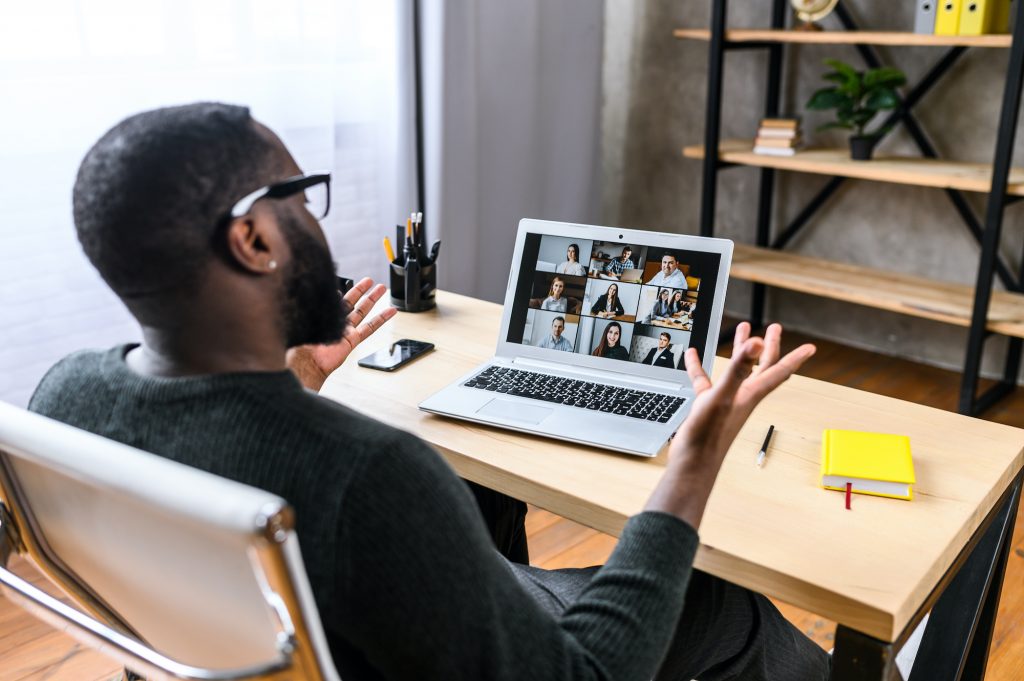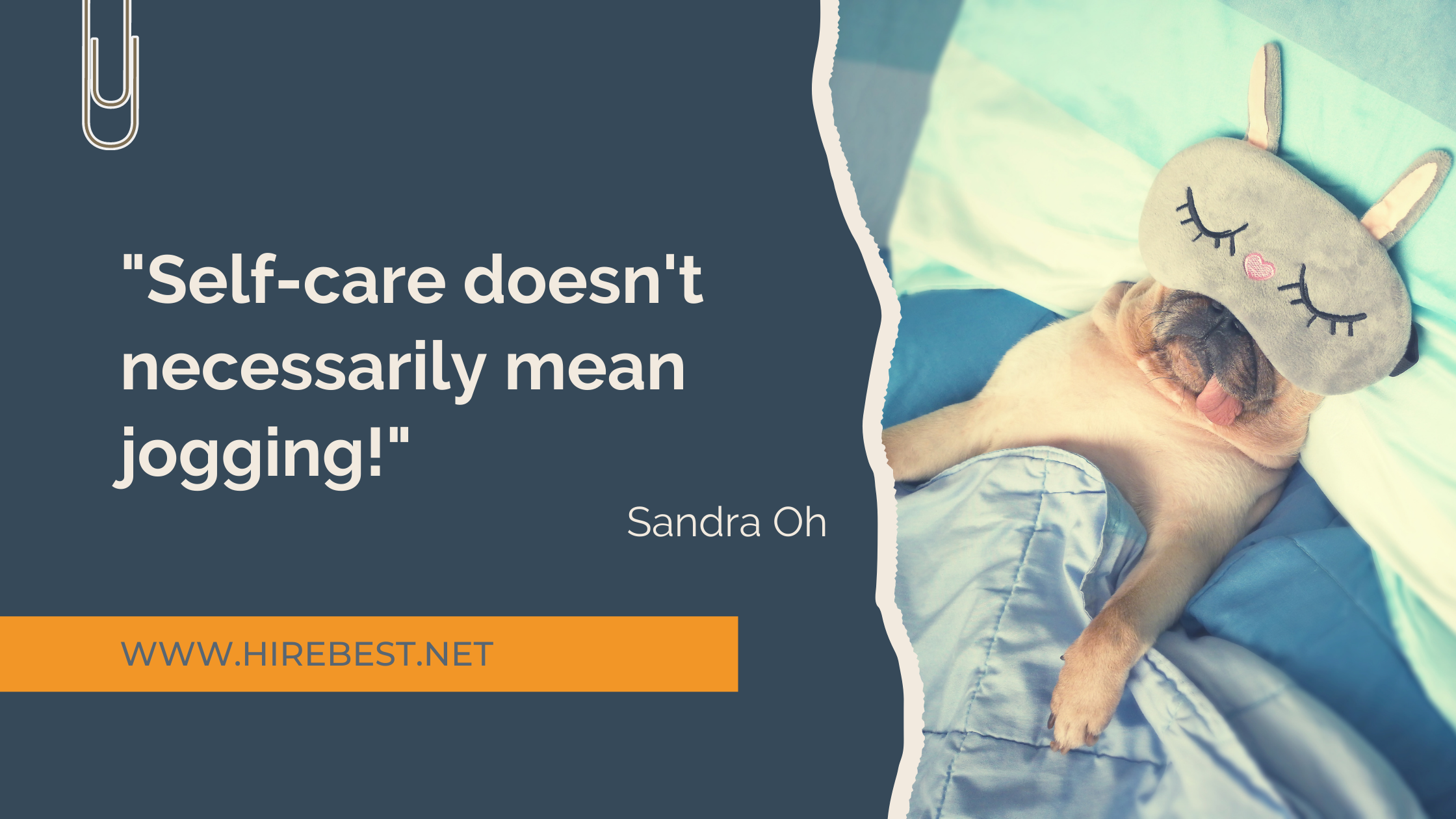3 Reasons To Stop In-Person Interviews Right Now So You Get The Best Hire Your Team Needs

I haven’t been hacked and I haven’t gone crazy, yet I want to share a potentially nonobvious perspective with you. In-person interviews must stop if you want the best hires on your team. Allow me to explain…
I love people. I love meeting them, talking to them, learning about what has made them successful (or not), and helping them figure out if the role my client is trying to fill is the right one for them. For nine of the last 10 years, that has meant hopping in a car or on a plane to spend a half day with them in person.
Training and experience have taught me that the only way to do acquire the right talent for a job is to conduct interviews in person. If you don’t, you miss out on all of the subtleties, body language, and other meaningful points of connection that help you truly understand someone.
Afterall, we’re in the business of recruiting talent. It’s our responsibility to leverage our skills and process to find the right person for our clients.
But then, there was COVID…
COVID upended the recruiting world. For the past year we used zoom instead of planes. Google Meet instead of conference rooms. We learned how to interpret those subtilties and nuance without the use of in-person interviews. And for the most part, we placed good people in the right position.
As we have begun to be get vaccinated, I am aware of the temptation to hop on a plane again. The pull to be “in person” with my interviewees and fall back on the rest of my senses to improve my interview process.
But if I’m honest, the past year hasn’t been bad. I have expanded skills that often laid dormant when I relied, perhaps too heavily, on the in-person experience. Frankly, I have started to wonder if being in person for an interview was more of a crutch to seal the deal.
The reality is, during COVID I sharpened other skills that upleveled the work I do. As I look at returning to in-person interviewing, I realize it’s not critical for me. I can do a stellar job virtually. So who does it matter to? The person I’m interviewing?
Doubtful. If fact, that’s where the reality lies.
The truth is, video-based interviews are the most effective interviews that a hiring manager can do right now. Why? Because effective interviewing requires focus. Both the interviewee and the interviewer need to be fully present and in-person interviewing means that one or possibly both parties may be splitting their attention between the interview and the environment around them.
This increases the anxiety in an already tense situation. Is that really what we want?
These 3 reasons are why in-person interviews should be put on hold for the foreseeable future:
- We’re all worried about health and safety. If a person’s mask gets moist, or the tension on the bands weaken and slip down, it’s distracting. In an interview, we want focused attention, and you can’t attain that when your safety is in question.
And of course, this goes deeper. Is the conference room clean? Who was in there before you? How about the building? The train you rode in on or the plane that brought you to the office? Distractions corrupt the interview process and give false evidence to the quality of the candidate.
As a recruiter, you are at risk of making a bad hire if what you see in the room is merely a reflection of a candidate’s anxiety about the location they are in. We can control for this by doing virtual interviews.
- Also, if you rely too heavily on your “read of the room” you are also at risk of a bad hire. Why? Because hiring is more than gut instinct. To do it right, you need qualitative and quantitative evidence. When your interviewee is more relaxed because their safety is not in question, your measurement tools will be more accurate.
Couple your tools and discussions with your pre-interview work to generate the clearest picture of who is needed in the role. Once your virtual interviews are complete, your evidence will not be muddied with extraneous or false data. Then, and only then, will you know you’re in the right lane for your client with the highest probability of identifying the best talent for the job.
- Finally, while all signs point to COVID’s impact on our life being contained via the vaccine, the future remains uncertain in many regards. Should we have to go back to virtual life, your experience with your interviewee will give you a sense of how that candidate would perform day-to-day if returning to the office were not possible. This is especially true if your interview process is a few hours. Your read of the client’s working environment may well prove priceless as most employers expect new recruits to hit the ground running and perform at their best. Difficult “work from home” set ups have proven disastrous for many people as COVID has shown.
With all of this, it's clear that we need to keep the interviewing process remote for now. As tempting as it is to hop on a plane and require in-person interviews, it’s adding tinder to an already anxious world. And truly, I ask you, is it necessary?
What do you think? Have you found the silver bullet to solve these issues? Or are you concerned that you don't have the right tools to interview remotely affectively? I'd love to hear from you. Send me an email or message me on LinkedIn and I'll send you a handy one pager with my tips to make virtual interviewing more effective.

